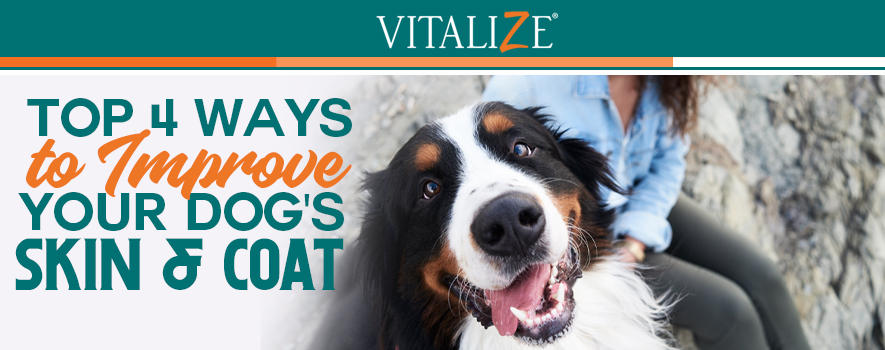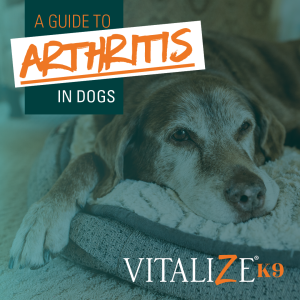
A dull, dry hair coat or excessive shedding is often a sign of physical stress in dogs. It is important to pay close attention to any changes in their appearance to monitor for health complications and discomfort. Continue reading to learn how grooming, nutrition, outdoor hazards and stress play into your dog’s well-being as well as how you can prevent and treat skin and coat issues.
1. Regular Groom
Consistently bathing and brushing your dog is crucial to maintaining a healthy appearance. It helps to remove dead hair, dirt and dandruff, which may be blocking pores, as well as restores natural oils and prevents matting. Mats are tightly clumped hair that when left untreated can grow larger and pull on your pets’ skin. This pulling left too long can result in open wounds and infection.
These issues are especially true for long-haired breeds like Siberian Huskies, Alaskan Malamutes and many retrievers. A good marker for bathing is every six weeks whereas brushing should be done on a weekly basis. Consider taking your dog to a professional groomer on a regular basis as a method of catching health concerns early on.
2. Proper Nutrition
Dogs require a balanced diet to look and feel their best. A proper diet contains high- quality digestible proteins, carbohydrates, fats, minerals and vitamins. The easiest way to do this is to feed a well-rounded dog food.
Select a brand that features a prebiotic. All dogs should have a prebiotic in their diet to simulate a healthy digestive system. An example of a strong prebiotic is Amaferm®, which can be found in VitalizeK9 products or Country Vet Naturals dog food. It promotes fungal growth which results in the maximized absorption of microbial protein and energy. This is vital because if nutrients are not digested well, not only will they be unavailable to meet your dog’s needs, but they will also overwork the liver and kidneys in trying to dispose of those wasted nutrients.
3. Avoid Outdoor Hazards
Most likely, your dog loves spending hours outdoors. Going outside is a great way to keep your pup active and stimulated. It is important however, to be aware of several hazards of the outdoors. Many of these issues are the same as the risk’s humans face outdoors.
Flea and tick exposure are common. There are many products well-suited to preventing this issue. You should also regularly check your dog’s skin for these parasites. Dogs are also vulnerable to sunburn. Use dog sunscreen if your dog is going to be in the sun without shade for an extended period. Cold weather is another hazard as it leads to occasionally painful dryness. A moisturizing dog shampoo is very helpful in this case. Last, dogs commonly get seasonal allergies that affect the skin. Anti-inflammatory drugs, fatty acid supplements and regular bathing are all perfectly suitable combatants for dog allergies. Overall, prevention is key in every case, but don’t panic if you must treat reactively; we’ve all been there before.
4. Stress Management
Sources of stress for dogs include pain, changes in environment, separation anxiety and more. Adhering to the earlier advice will be beneficial to a dog’s stress levels because it is highly influenced by health factors. However, dogs also encounter emotional stress and there are other methods for assisting this.
Dogs often get attached to routine just like humans. Therefore, sticking to a relatively strict routine is often a valuable tool in managing stress. This routine should include some form of engaging exercise. Activity releases endorphins which are feel-good hormones. Dogs also naturally have a lot of energy and when kept from exerting it they can become anxious and destructive. Effective crate training, security items (like a blanket or toys) and a positive attitude are also helpful in calming your dog.
If you’re still seeing anxious behavior from your dog after these steps, introduce a supplement containing vitamins, minerals, amino acids and antioxidants to help them quickly recover from stressful periods.
The skin and coat are a great place to gather evidence of underlying health concerns of your dog. Hopefully, you will be more able to diagnose and treat any issues your dog is facing. Keep in mind that they are not so different from us. The advantages that hygiene, nutrition, preventative medication and routine provide to humans are very similar to what they provide for our beloved furry friends.

